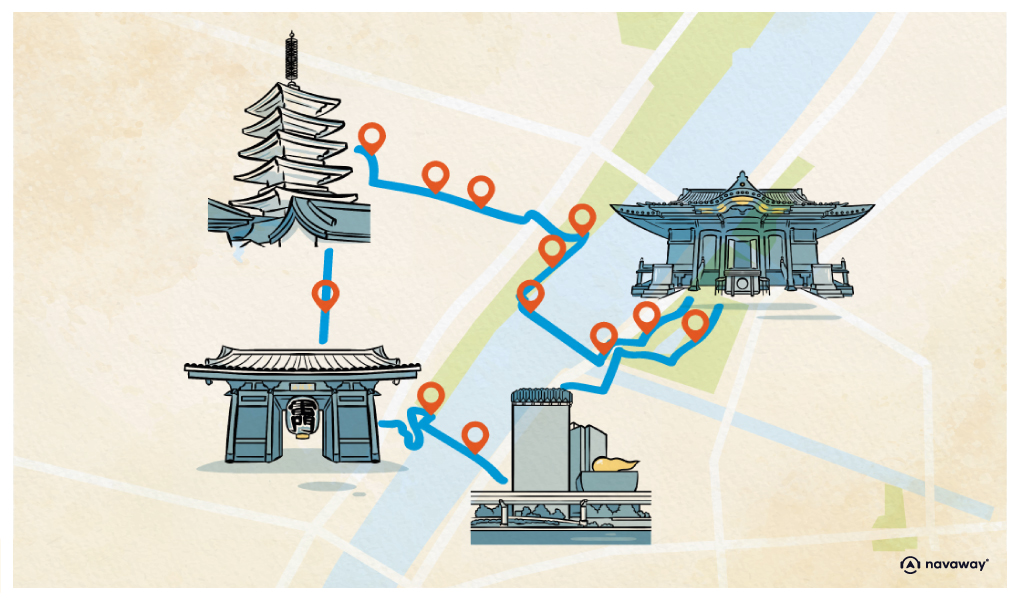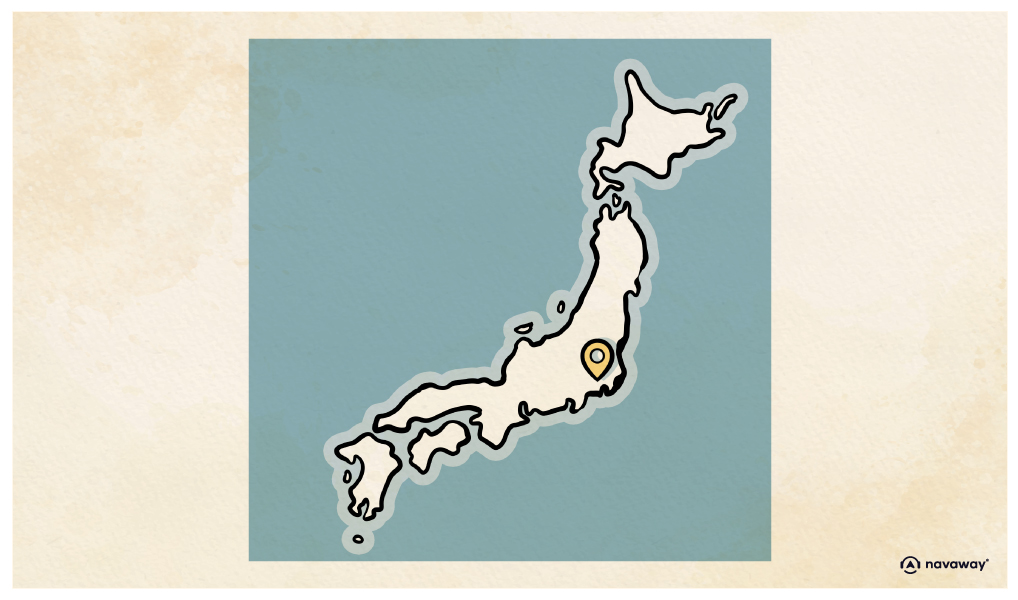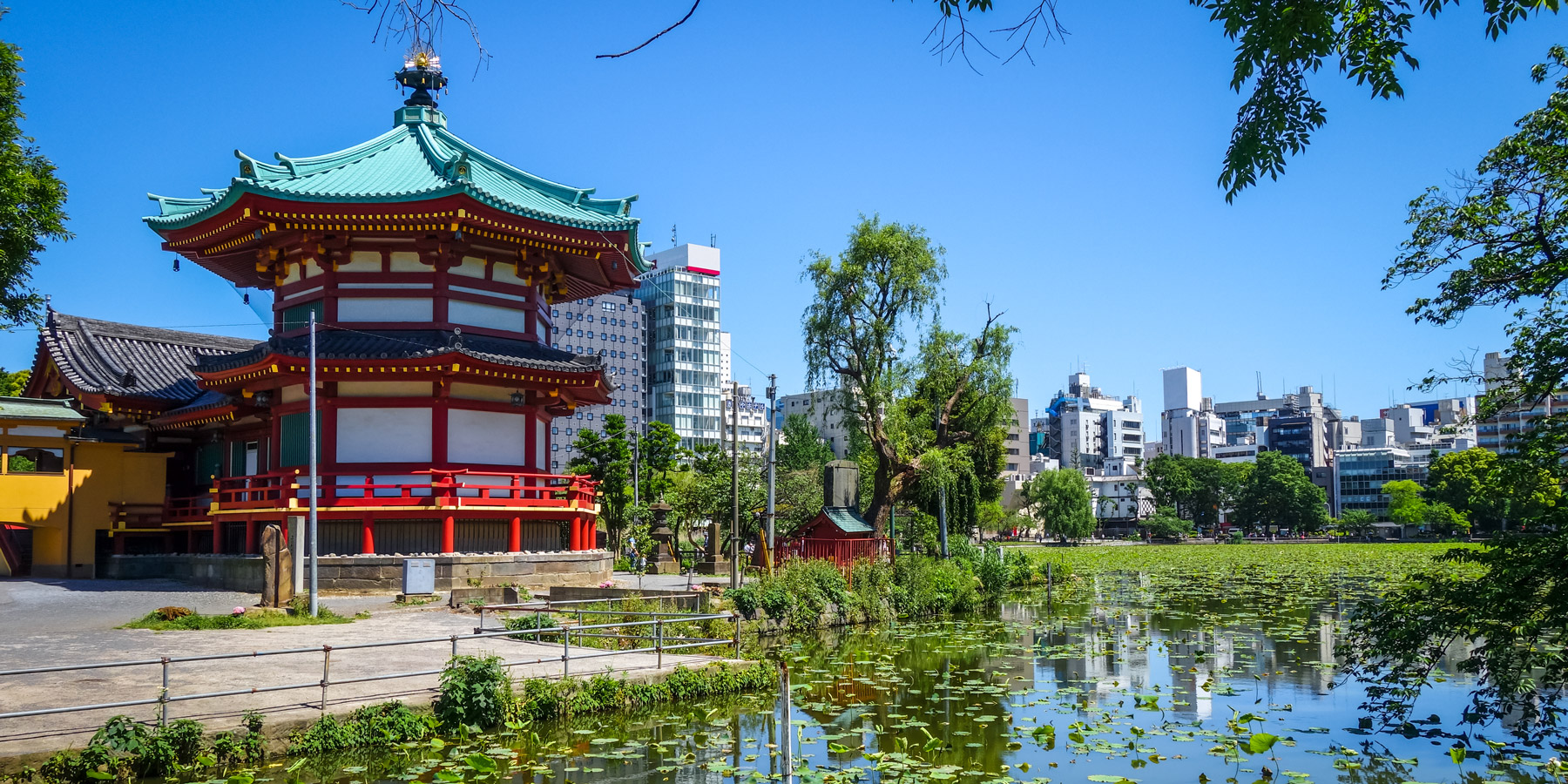
Japanese culture

This point of interest is available as audio on the tour: Visit Tokyo, Where tradition meets modernity
As you make your way across this bridge that offers a beautiful view of the Tokyo Skytree, let’s pause for a moment and talk about Japanese culture. The first notable difference between Japanese and Western cultures, is the exceptional respect and discipline you’ll observe here. It takes place in countless small gestures that you will discover throughout your stay as they are part of everyday life. For example, the Japanese languages has more than twenty ways to say “sorry”, each adapted to a different context. Indeed, in Japan, apologising is common courtesy. When you enter someone’s home, you’re stepping into a private space—so it’s only normal to excuse yourself, and of course, remove your shoes. Next, while dining remember never to point your chopsticks at someone! And while we’re at it, never stick them upright in a bowl of rice, as this resembles a funeral ritual and is considered a bad omen. In public, people tend to speak quietly and keep their emotions discreet, as a way to avoid drawing attention to themselves. Out of respect for others, it’s also frowned upon to eat while walking outside or on public transport. If you buy food from a stall, it’s best to eat right in front of it. Smoking is prohibited in streets, so you’ll have to find a designated smoking area. We should probably take example, but have you noticed how clean Japan is? Not just clean, I mean spotless. Japan is one of the cleanest countries in the world, and that’s due to its Shinto beliefs, one of the most practiced religions here. In this spiritual tradition, people entering the temple must be clean, but also objects inside, treated with care and reverence to ensure a longer lifespan. Furthermore, trains and metros are regularly cleaned at record speed between trips. In kindergarten, children are used to helping the teacher clean and tidy up the classroom. Here, cleaning and tidying up is a habit—maybe we should take notes… Punctuality is another cornerstone of Japanese culture. If you plan to work here, make sure to be on time—being late, even just a few minutes, is often frowned upon. Not only people follow this rule, but trains as well: the average delay in Japan is of just 18 seconds. Even if a train is just a minute late, the company will likely apologize for the inconvenience. It seems almost unreal, right? All of this—politeness, punctuality, cleanliness—stems from a shared sense of respect.

Discover other tours to visit Tokyo

Discover Tokyo with app
An interactive guide through the most beautiful streets, squares, and districts
19 fun audioguides full of historical facts, anecdotes, and legends






Comments